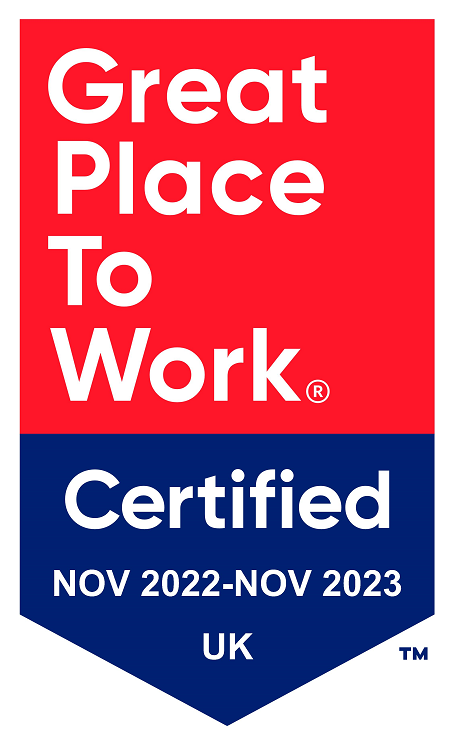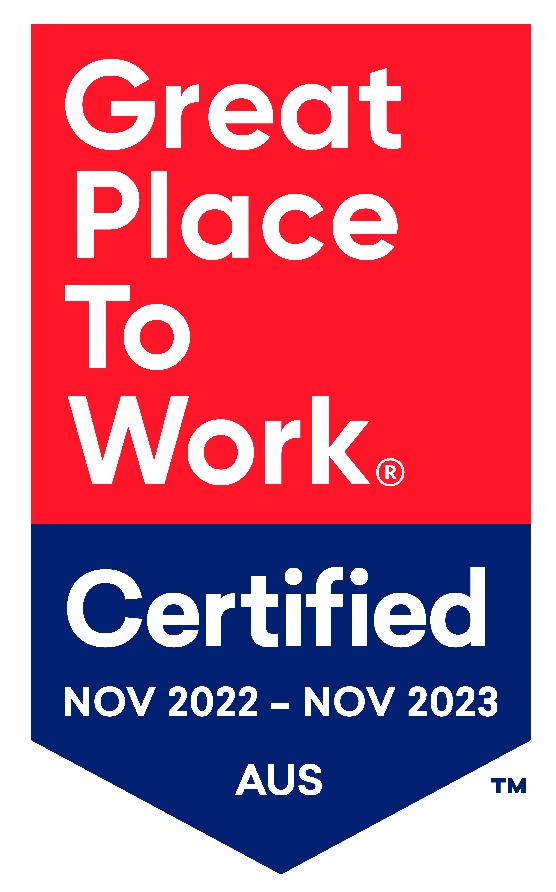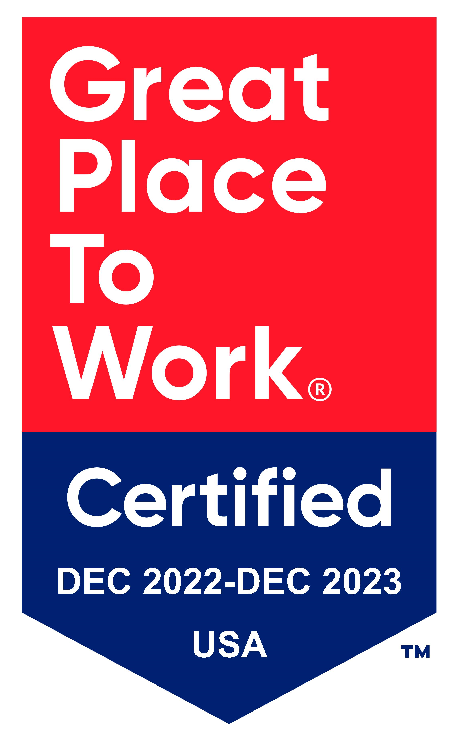How to Become a Quality Assurance Manager in Pharmaceuticals
17 Aug, 20236 minutesA quality assurance (QA) manager career in the pharmaceutical industry is a much sought-afte...
A quality assurance (QA) manager career in the pharmaceutical industry is a much sought-after avenue for candidates to go down. Why? Well, QA manager jobs are relevant to many industries, including pharmaceuticals, meaning opportunities are almost endless. QA manager careers are also well regarded as they enable ambitious individuals to play a huge part in developing products and services that significantly impact the planet and the global population.
So, with these positive outlooks on the role, how do you become a QA manager? This is a question we've heard from the mouths of ambitious candidates before. That’s why we’ve decided to provide an answer. So, in this guide, we'll go into detail about what QA is and explain how to become a quality assurance manager.
Before we delve into how to become a quality assurance manager, let's answer the valid question - what is quality assurance?
What is quality assurance?
Quality assurance is a system or process put in place by a business to ensure its products and services work as expected, are consistent and align with industry regulations. In addition, QA helps determine potential faults with products before they go to market and finds ways to enhance the quality of its services before they are delivered to customers and internal stakeholders.
These QA audits and documentation are implemented by a business to ensure customers and internal staff receive the best experiences possible and are confident using the products and services.
Originating in manufacturing, QA has since spread to most other industries and sectors, from software development to the broad spectrum of life sciences. QA lends itself to most aspects of a business, from customer experience, marketing, recruitment, regulation, design and testing. Managers within this space play a significant role in ensuring a company can provide the best quality products and services, helping to build a loyal and trusted client base.
What Does A QA Manager Do?
QA managers work across many life sciences, pharmaceutical and technology industries, from pharmaceuticals, biotechnology and medical devices to CMO and CRO companies. They are responsible for developing, implementing and managing systems or processes that support the testing and validating of an organisation's products and services.
Focusing on the quality and reliability of these products and services, a QA manager will oversee the work completed by ensuring the quality assurance division and its team members meet the expected standards.
A QA manager will have a range of responsibilities surrounding the various stages of a product or service development. From the initial design and manufacturing to the testing and deployment, QA managers contribute to the crucial steps of a product and service lifecycle. To give you a better understanding of what a QA manager does, we've collated a list of the typical QA manager responsibilities:
- Design, implement and oversee the quality assurance processes of a business
- Ensure all products and services meet the standards of the set QA processes
- Liaise with other departments, including product development, to ensure QA standards are communicated and followed within the business
- Manage the methods of product and service testing
- Test products and services using the QA processes you’ve put in place
- Fix any issues with the product or service if and when they arise
- Discover ways to improve existing or your own QA processes
- Take onboard internal and customer reviews and feedback
- Stay updated and comply with the sector regulations
- Recruit, train and develop members of the QA team
- Manage the QA department
- Review the performance of each staff member
- Assign tasks to your team and ensure everyone works to the standards you set
QA manager skills
QA managers must possess various skills to help carry out the responsibilities listed above and ensure their day-to-day tasks are completed to the highest standards possible. We've created a list of the essential QA manager skills below.
- Written and verbal communication
- Interpersonal skills
- Problem-solving
- Data and analysis
- Project management and organisation
- An ability to make key decisions
- Strong leadership ability
- Capable of motivating and getting the best out of others
- A strategic mindset
- Numerical and statistical skills
- A keen eye for detail
- Deep knowledge of quality standards and the specific industry, for example, life sciences
How much do QA managers make?
When it comes to how much a QA manager makes, the answer depends on various factors, from your experience, the location of where you work, the industry you work in, the organisation you work for and whether your role is a permanent or contract position. With all this in mind, we’ve broken down the typical salary brackets for QA managers to give you an idea of how much you could earn within this role.
Starting QA manager salary: £23,000 - £28,000
Average QA manager salary: £42,997
Experienced QA manager salary: £50,000 - £60,000+
How to become a QA manager in pharmaceuticals?
Now that you know the ins and outs of the role of a QA manager, including what they do and are responsible for and the skills required to the salary brackets, let's delve into how to become a QA manager in the pharmaceutical industry. We've outlined the three main steps you should take when embarking on a career to becoming a QA manager.
Study for a QA qualification
The first step to becoming a QA manager in the pharmaceutical industry involves gaining the appropriate qualifications. Most educational bodies expect you to have at least two to three A levels in subjects like maths, business and one or a combination of the sciences before enrolling on any QA-related courses.
Once you've attained your A levels, you should look to enrol on an undergraduate course. Typically QA managers will earn a degree in one of the following courses most relevant to quality assurance.
- Quality assurance
- Pharmaceuticals
- Maths
- Engineering
- Manufacturing
- Food science
- Technology
- Business management
- Statistics
- Production management
- HR management
You can become a QA manager with a higher national diploma (HND) in any subject, although a science or tech-related course would be most relevant.
Some employers will look for QA manager candidates that possess a master's degree. Therefore, you may want to pursue further education in one of the following relevant fields to quality assurance.
- Business administration
- Engineering
- Pharmaceuticals
- Construction
- Science and technology
Working your way up to a QA management position without a degree is possible. However, you will need to complete some training and gain industry experience, leading to our next point.
Gain experience
Most employers expect candidates to have three to five years of experience in a related position to get to the status of a pharmaceutical QA manager. For example, before transitioning into management, you could find your feet in a supervisory quality control assistant or junior quality control tech position. Here you can gain experience and industry knowledge from the root level, giving you the seeds to grow into a successful QA manager.
After gaining experience in other relevant job roles and industries, aspiring QA managers often shift to quality assurance. From project management, quality control, health and safety to construction and engineering, these candidates come with the transitional skills that make moving into QA management more seamless.
When browsing and applying for QA jobs, it's worth seeing if the employer provides training and progression opportunities. For example, they could give you a path and building blocks to reach the management level.
If you are studying for a degree or relevant qualification, see if there are any work experience, placement or internship opportunities to help you get your foot in the door. For example, you may find a chance to shadow a QA manager to give you a glimpse into what you can expect from the role.
Additionally, you could become a member of the Chartered Quality Institute (CQI), which can assist with training opportunities and networking events and support your professional development in your journey to becoming a QA manager in the pharmaceutical industry.
Put yourself in front of employers and progress
Our final step to becoming a QA manager in the pharmaceutical industry involves putting yourself in front of employers and start applying for pharmaceutical QA manager jobs. You can move to become a QA manager using the qualifications you've attained and the experience you've gained. You will find work in various industries and employers, from businesses within the public sector and manufacturing and engineering companies to organisations within life sciences.
Once you discover the QA management position best suited to your needs, you'll find various progression opportunities. For example, you could move into different business areas to conduct quality assurance or transition into an independent QA consultant and work for multiple organisations simultaneously - the progression is limitless.
Discover our QA manager jobs in pharmaceuticals
At i-Pharm, we focus on changing lives by placing people at the heart of life sciences. So, if you're interested in becoming a QA manager in the life sciences or pharmaceutical industry or are looking for a new opportunity within this role, we can help. Discover our pharmaceutical QA manager jobs, visit our candidate's page or contact us today to see how we can unlock your potential.










